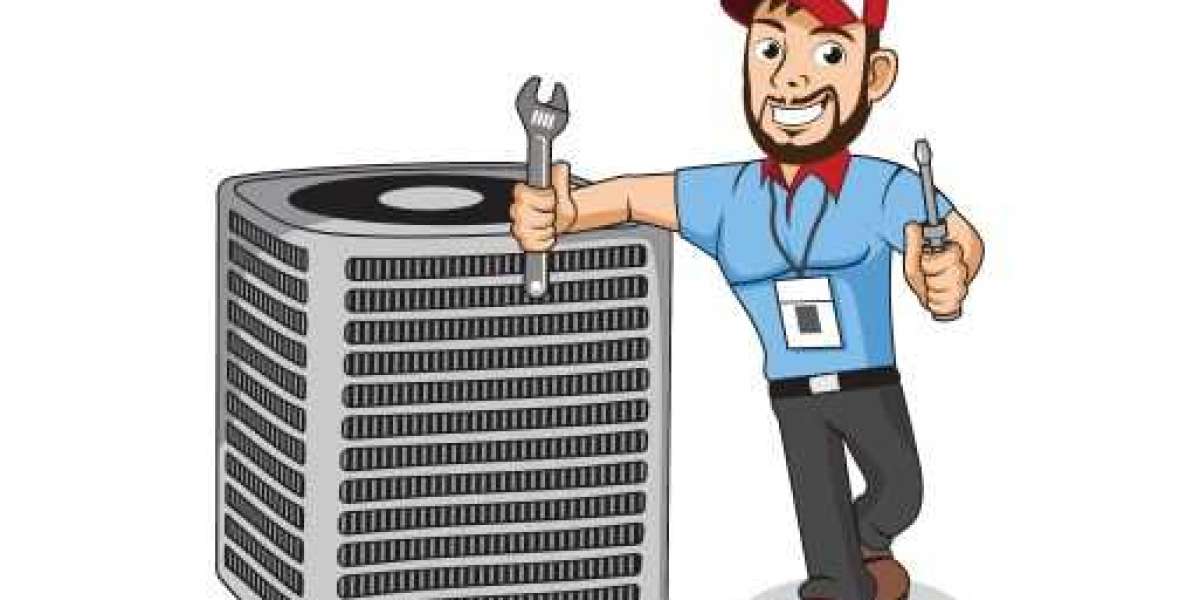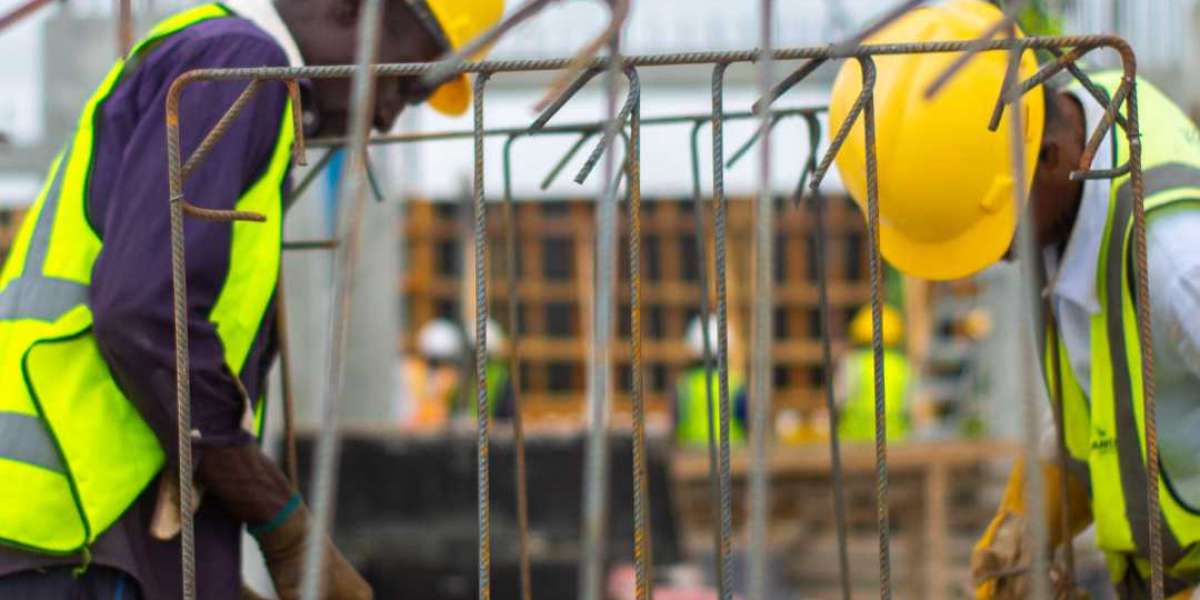Here are some key steps to diagnose and repair AC circuit breaker trips effectively.
Understanding Circuit Breaker Trips
A circuit breaker is a safety device designed to protect your home’s electrical system by shutting off power when it detects an overload or short circuit. When an air ac repair, it typically indicates an issue with the AC unit or the electrical circuit.
Common Causes of AC Circuit Breaker Trips
Several factors can cause an AC circuit breaker to trip:
- Overloaded Circuit: If too many appliances are running on the same circuit, it can overload the breaker.
- Dirty Air Filter: A clogged air filter restricts airflow, causing the AC unit to overheat and trip the breaker.
- Low Refrigerant Levels: Low refrigerant can cause the AC compressor to work harder, leading to overheating and tripping the breaker.
- Electrical Issues: Faulty wiring, loose connections, or damaged components within the AC unit can cause short circuits or overloading.
- Compressor Problems: A malfunctioning compressor can draw excessive power, leading to breaker trips.
Diagnosing the Problem
To diagnose the cause of the breaker trips, follow these steps:
- Inspect the Air Filter: Check and replace the air filter if it is dirty or clogged. Regularly replacing the air filter can prevent overheating and improve AC efficiency.
- Check the Refrigerant Levels: Low refrigerant levels can cause the AC unit to overheat. If you suspect this issue, contact a professional HVAC technician to inspect and refill the refrigerant.
- Examine Electrical Connections: Turn off the power and inspect the AC unit’s electrical connections for signs of wear, damage, or loose connections. Tighten any loose connections and replace damaged wiring.
- Inspect the Compressor: Listen for unusual noises or vibrations from the compressor, which may indicate a problem. If the compressor seems faulty, seek professional help for repair or replacement.
- Monitor Circuit Load: Ensure that the AC unit is not sharing the circuit with other high-power appliances. If necessary, redistribute the electrical load to prevent overloading.
Repairing the Issue
Once you have identified the cause of the breaker trips, you can take appropriate steps to repair it:
- Replace the Air Filter: If a dirty air filter is the issue, replace it with a new one. Regular maintenance of air filters can prevent future problems.
- Refill Refrigerant: If low refrigerant levels are causing the problem, hire a professional technician to refill the refrigerant and check for leaks.
- Fix Electrical Connections: Repair or replace any damaged wiring and ensure all connections are secure. This may require the expertise of a licensed electrician.
- Replace the Compressor: If the compressor is faulty, it may need to be replaced. This is a complex task that should be performed by a professional HVAC technician.
- Upgrade Electrical Circuit: If the AC unit is overloading the circuit, consider having a dedicated circuit installed for the AC unit to prevent future trips.
Preventative Maintenance
Regular maintenance can help prevent AC circuit breaker trips:
- Schedule Regular Inspections: Have your AC unit inspected by a professional annually to identify and address potential issues before they become major problems.
- Clean and Replace Filters: Regularly clean or replace air filters to ensure proper airflow and prevent overheating.
- Check Electrical Components: Periodically inspect electrical components and connections for signs of wear or damage.
Conclusion
Repairing AC circuit breaker trips involves understanding the underlying causes, diagnosing the problem, and taking appropriate corrective actions. Regular maintenance and professional inspections can help prevent these issues, ensuring your AC unit operates efficiently and reliably. If you are unsure about any aspect of the repair process, it is always best to consult a professional HVAC technician or electrician.



